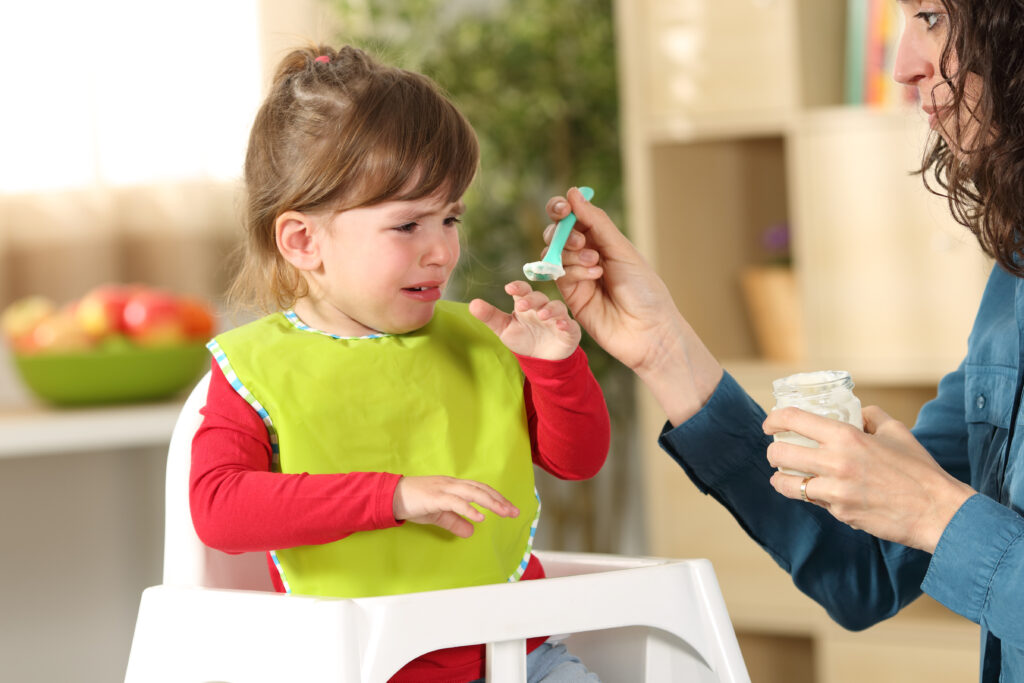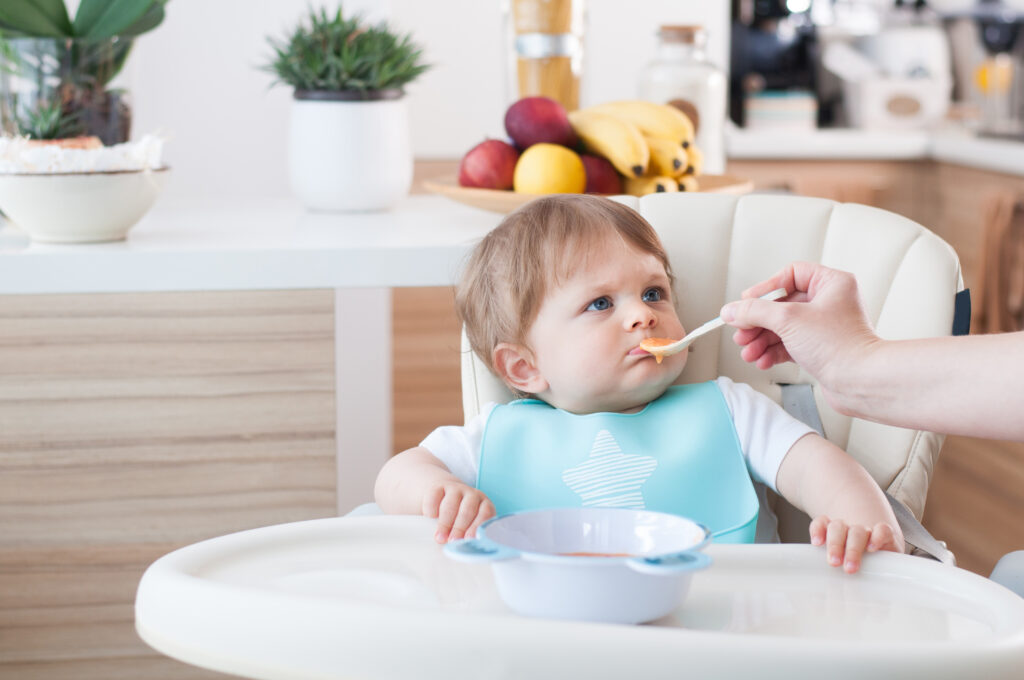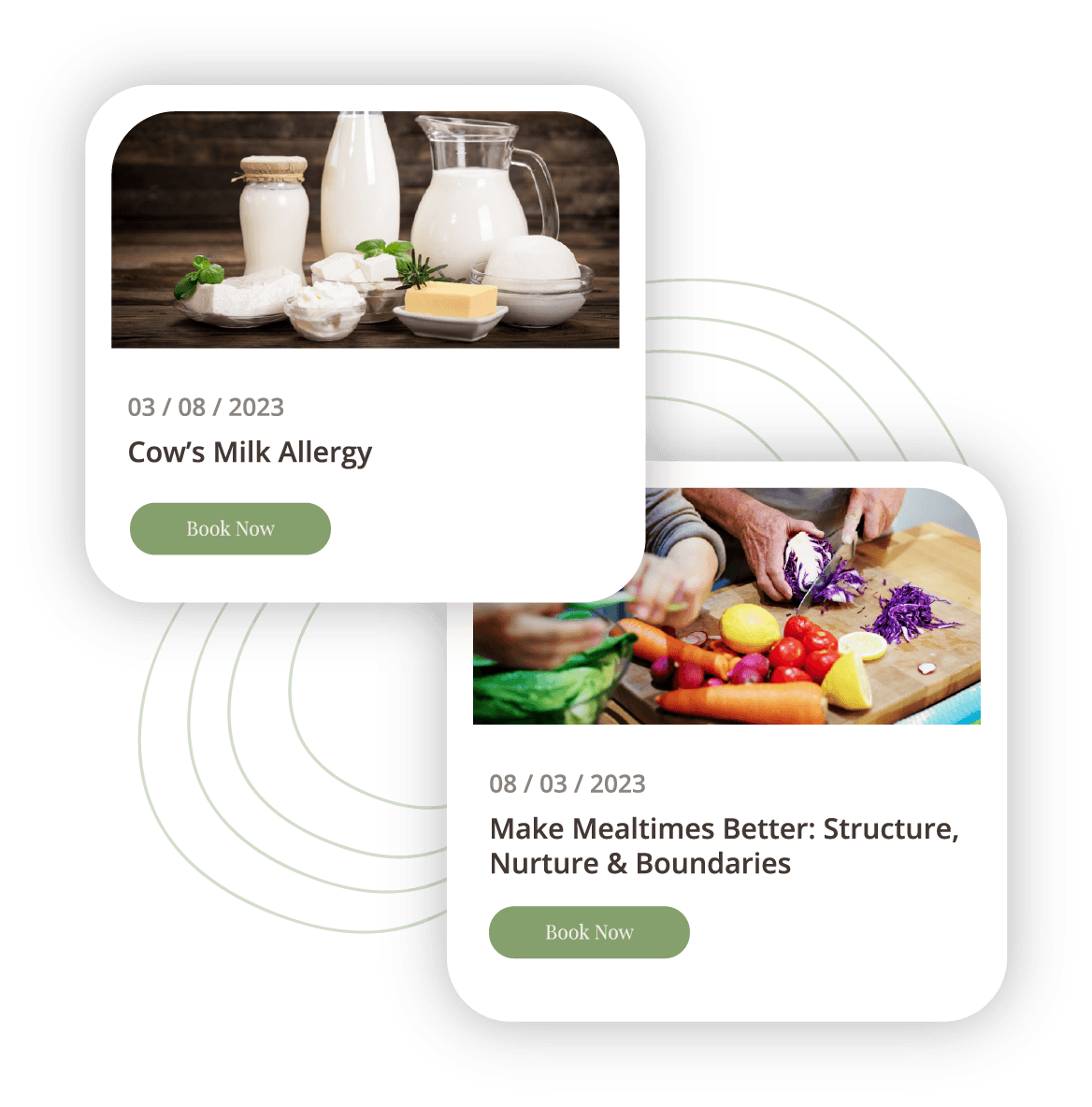Excessive weight gain in childhood adversely affects long-term health, with obese children and teenagers five times more likely to be obese as adults. The most common health consequences of obesity in adult life are type 2 diabetes, heart disease, stroke, some cancers and osteo-arthritis.
Children with excessive weight gain, or within the obese weight range for height, will benefit from a child-centred approach, which allows them learn about eating well, understand how their bodies respond to food, and how hormones, emotions and physical activity are involved.










